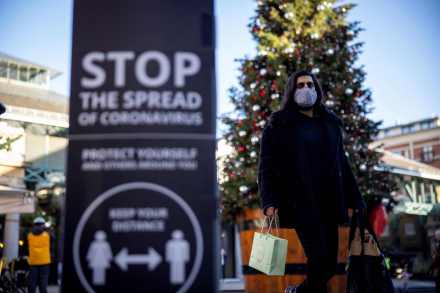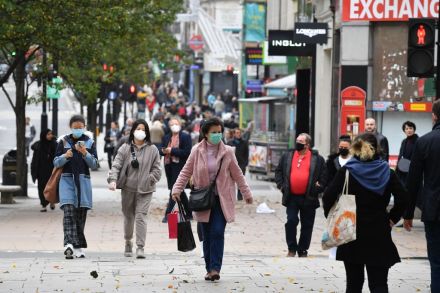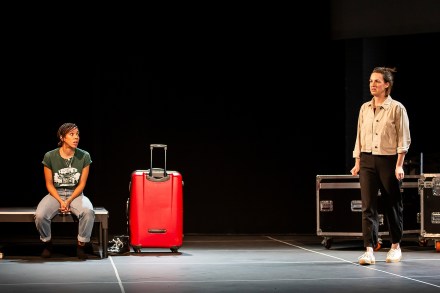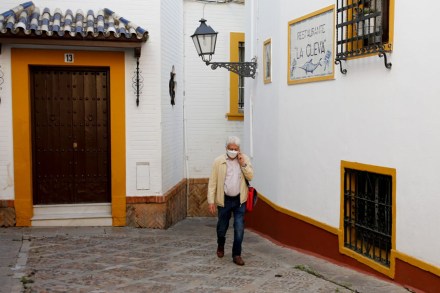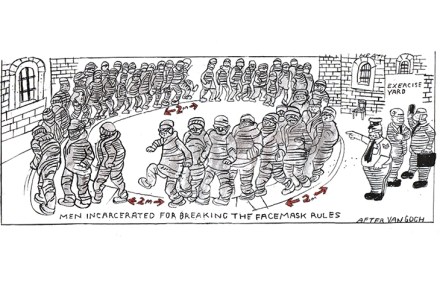Oxford’s vaccine success could mean a return to normal by April
One consequence of the positive Oxford vaccine news this morning is that the UK will shift to a strategy of attempting to vaccinate as much of the adult population as possible. We know from NHS documents obtained by the Health Service Journal that the aim is to have 75 per cent of the population vaccinated by April. If this was the case, all social distancing measures could be ended that month, with even nightclubs open as before. The Oxford vaccine is particularly well suited to a mass vaccination programme. Unlike the Pfizer one, it can be stored at fridge temperature making distribution of it far easier. Rolling this vaccine out



